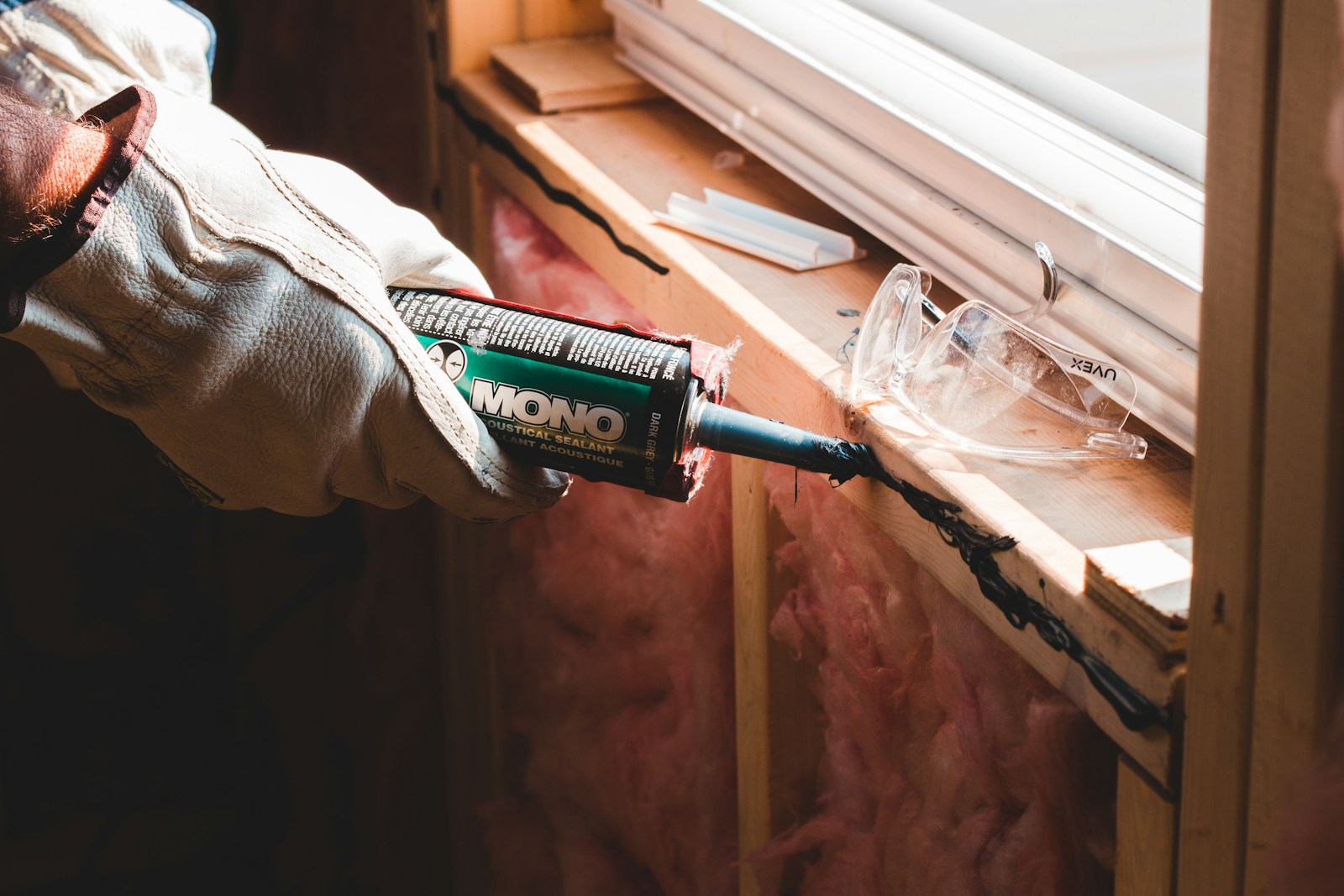HELENA — Congressman Troy Downing is backing federal legislation that would provide home repair assistance to Montana property owners, but the bipartisan bill includes affordability requirements that could limit rent increases for participating landlords.
Downing and Georgia Democrat Nikema Williams introduced the Whole-Home Repairs Act of 2025 this week, creating a pilot program that would offer grants to homeowners and forgivable loans to small landlords for essential repairs. The legislation targets habitability issues, accessibility modifications, and energy efficiency improvements.
“Housing availability and affordability are two of the biggest challenges facing Americans looking to build a more stable future,” Downing said in announcing the bill. “For the Montana residential market, in which a quarter of all households are cost burdened and more than half of all parcels are characterized as being in average or worse condition, the potential for a pilot program like this knows no bounds.”
Landlord Assistance Includes Affordability Commitments
The bill’s approach to landlord assistance could prove controversial in Montana’s property rights-focused political climate, though it offers landlords significant flexibility. Small landlords who accept forgivable loans must initially agree to keep assisted units affordable and cap annual rent increases at 5 percent or the inflation rate, whichever is lower, for three years.
Property owners who comply with these affordability requirements for the full three years would have their loans forgiven entirely. Those who choose not to comply would simply repay the repair assistance as a no-interest loan, with no additional penalties.
The legislation specifically targets small landlords with fewer than 10 properties and no more than 50 total units, excluding large corporate property management companies from the program.
Federal Coordination Approach
Unlike traditional federal housing programs, the Whole-Home Repairs Act emphasizes coordination with existing repair assistance programs. Implementing organizations would serve as “one-stop shops” to help property owners navigate federal, state, and local repair funding streams without duplicating benefits.
The bill authorizes up to $30 million from existing HUD Lead Hazard Control funds for the pilot program, which would run until October 2031. HUD would select between two and 10 implementing organizations nationwide, with no more than one per state.
For homeowners, the program offers straightforward grants for repairs not covered by other federal programs. Eligible participants must earn no more than 80 percent of area median income or qualify for assistance under programs like Medicaid or food assistance.
Montana Housing Conditions Drive Support
Downing’s support for the legislation draws from stark housing condition data in his district. According to his office, more than half of all parcels in Montana are in average or worse condition, while a quarter of households face cost burdens from housing expenses.
“As home prices across the country skyrocket, it’s up to Congress to look for innovative solutions that realign supply with demand to temper rising costs,” Downing said. “The Whole-Home Repairs Act takes a promising step in that direction by redeploying readily available resources at HUD.”
Williams emphasized the legislation’s focus on preserving homeownership as a wealth-building tool, particularly for seniors on fixed incomes.
“Too many families are forced to live in homes with dangerous health and safety risks because of repairs they can’t afford,” Williams said. “This is especially true for seniors on fixed incomes struggling to stay in the homes they worked so hard to maintain.”
Implementation Questions Remain
The bill leaves key implementation details to HUD, including setting maximum repair amounts per unit based on local construction costs. The legislation requires all repairs to address habitability, accessibility, or energy efficiency concerns while avoiding duplication with existing federal programs.
Participating landlords must also demonstrate they have no serious violations of renter protections resulting in fines or penalties over the past 10 years.
The program includes workforce training provisions, allowing implementing organizations to use up to 5 percent of awarded funds for training home repair professionals—a provision that could address contractor capacity issues in rural Montana.
Senators John Fetterman of Pennsylvania and Wyoming’s Cynthia Lummis are leading companion legislation in the Senate.
The bill has drawn endorsements from housing organizations including the National Association of Home Builders, National Association of REALTORS, and Habitat for Humanity International.
